
A large randomized trial showed that three different bisphosphonates have similar efficacy in early-stage breast cancer.

Your AI-Trained Oncology Knowledge Connection!


A large randomized trial showed that three different bisphosphonates have similar efficacy in early-stage breast cancer.

Denosumab used as an adjuvant therapy in postmenopausal breast cancer patients on aromatase inhibitor therapy cut the risk of fractures in half.

A small study found that the detection of AR-V7 in advanced prostate cancer patients is not associated with resistance to initial chemotherapy.
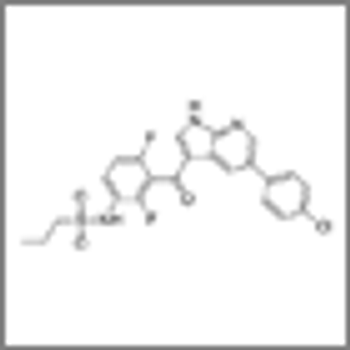
Updated results from the coBRIM trial show that a BRAF/MEK inhibitor combination continues to provide clinical benefit in BRAF-positive metastatic melanoma.

The prostate cancer drug enzalutamide has shown activity in women with advanced triple-negative breast cancer whose tumors express the androgen receptor.

Early trial results suggest that a copper-depleting agent may create an inhospitable environment for tumor progression in patients with breast cancer.

The anti–PD-1 antibody nivolumab alone or in combination with ipilimumab increased progression-free survival in treatment-naïve metastatic melanoma patients.
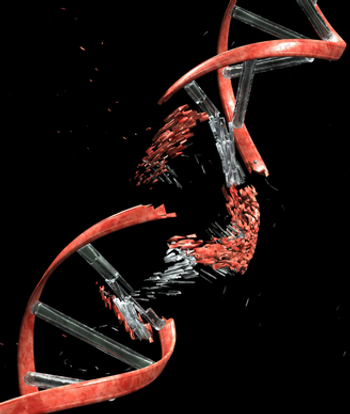
Due to the genetic heterogeneity observed in tumors of melanoma patients who developed resistance to BRAF inhibitors, assessing mechanisms of resistance has minimal potential to inform further treatment decisions.
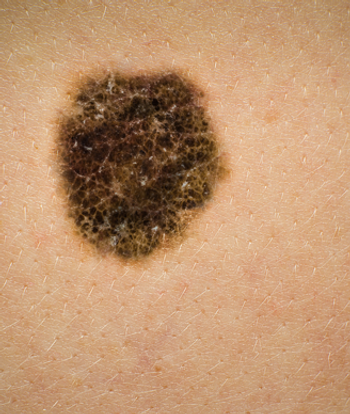
Data from the KEYNOTE-001 study showed that the anti–PD-1 antibody pembrolizumab produces durable responses in metastatic melanoma patients.

Performing a complete lymph node dissection does not improve survival for melanoma patients who underwent a sentinel node biopsy.

Performing a cavity shave margin in breast cancer patients undergoing partial mastectomy can reduce re-excision and positive margin rates after surgery.

Treatment of postmenopausal DCIS patients with the aromatase inhibitor anastrozole resulted in higher breast cancer–free survival rates compared with treatment with tamoxifen.

The addition of palbociclib to fulvestrant delayed disease progression in women with HR-positive, HER2-negative metastatic breast cancer.

Aflatoxin, a naturally occurring toxin produced by certain types of molds, has been found to be associated with an increased risk of gallbladder cancer.

A survey showed that cancer patients' attitudes about alternative medicines explained their use more so than demographics and clinical characteristics.

A large majority of prostate tumors sequenced as part of a comprehensive precision medicine study have mutations that can be targeted with available therapies.

A new study suggests that a family history of breast cancer does not result in a worse prognosis breast cancer prognosis.

Childhood cancer patients treated with brain irradiation may be at a higher risk for developing into obese adults, according to a new study.
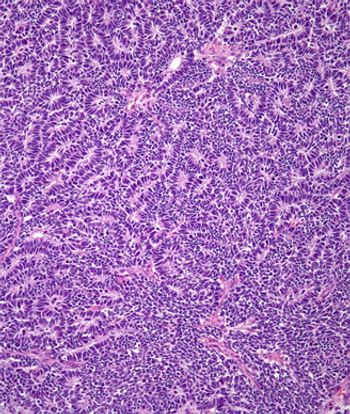
According to the AREN0532 and AREN0533 trials, adding additional drugs to a therapy regimen for Wilms tumor in children with high-risk disease improved outcomes.
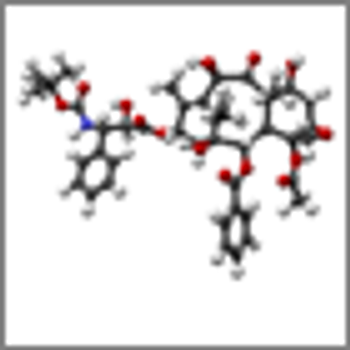
The STAMPEDE trial suggests that survival can be improved in metastatic prostate cancer patients with the addition of docetaxel to frontline hormonal therapy.
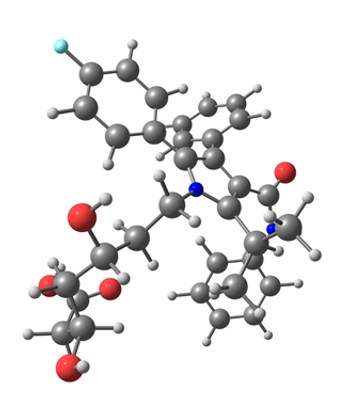
Disease progression among prostate cancer patients starting androgen deprivation therapy (ADT) was delayed by 10 months in patients already receiving statins.

A large meta-analysis found that mastectomies that preserve the nipple plus an envelope of breast skin are as safe as surgeries that remove more breast tissue.
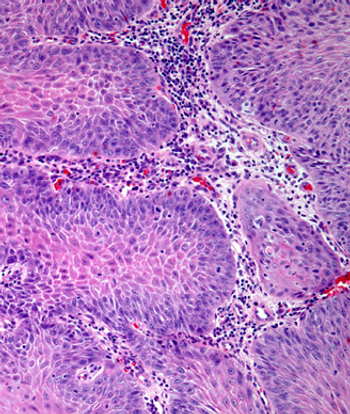
A new study found that compliance with post-treatment clinical surveillance improved survival outcomes in patients with head and neck squamous cell carcinoma.

Metformin, a common drug for type II diabetes, did not improve the survival of patients with pancreatic ductal adenocarcinoma.
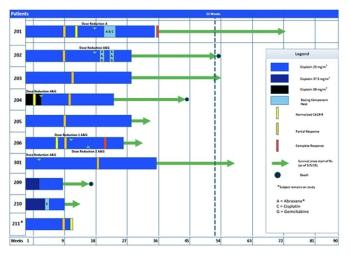
This slide show features some of the top highlights from the 2015 American Association for Cancer Research (AACR) Annual Meeting.

A multi-gene panel test provides better diagnostic yield compared with a limited BRCA1/2 genetic test for patients at risk for hereditary breast cancer.
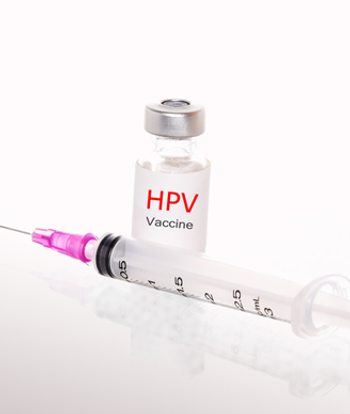
The HPV 16/18 vaccine protects women from cervical, anal, and oral HPV infections that can lead to cancer, including some women previously exposed to HPV.
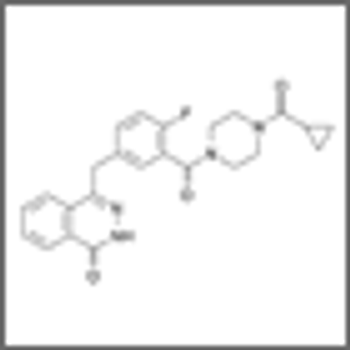
Men with metastatic castration-resistant prostate cancer that had mutations in DNA repair genes were more likely to respond to the PARP inhibitor olaparib.

Combination treatment with the PARP inhibitor olaparib plus the PI3K inhibitor BKM120 showed a benefit in subsets of breast cancer and ovarian cancer patients.

In an ongoing study, the immunotherapy MPDL3280A continues to be well-tolerated and to show signs of activity in triple-negative breast cancer patients.